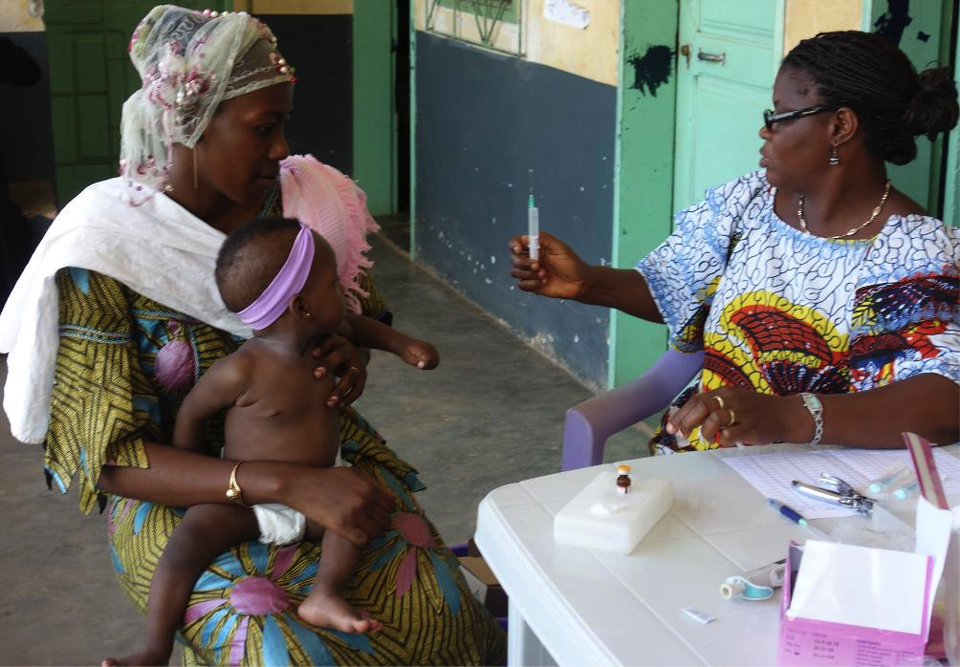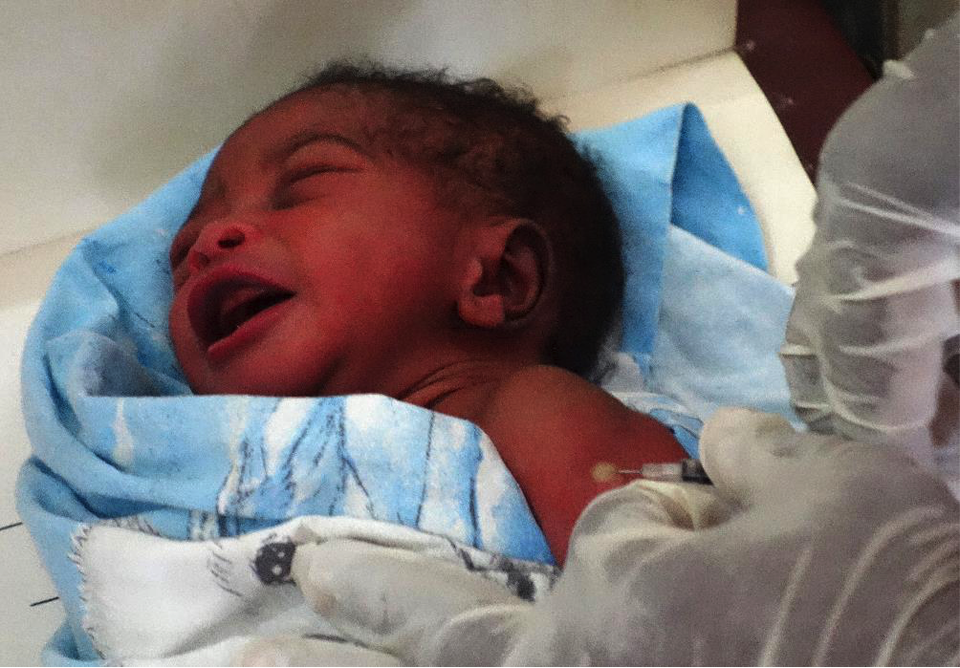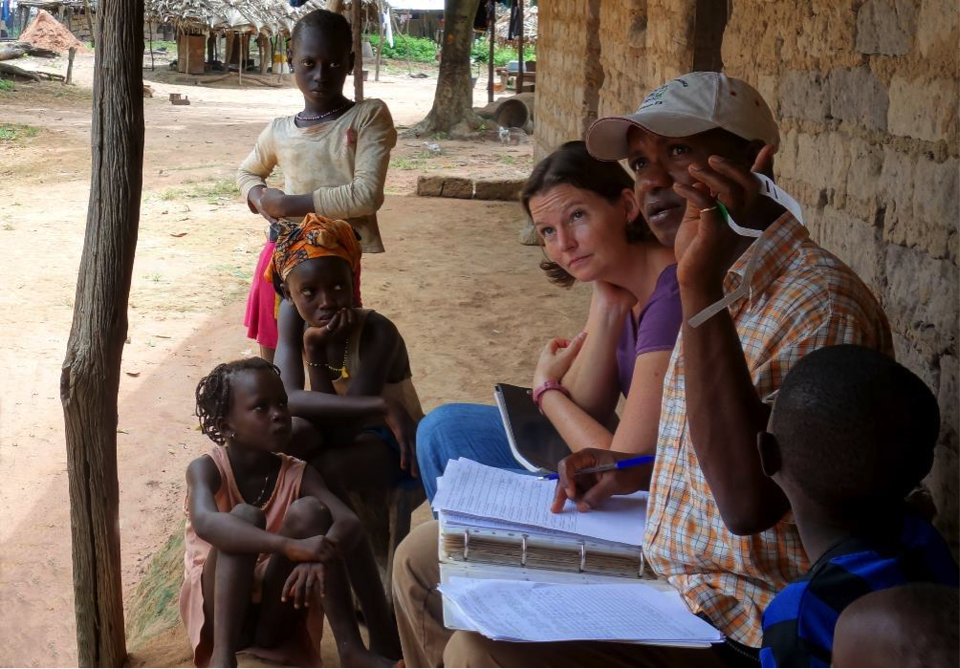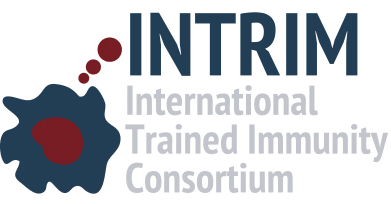Research Center for Vitamins and Vaccines & Bandim Health Project, Statens Serum Institut & Guinea-Bissau
Our group is conducting clinical, epidemiological and epi-immunological studies on “non-specific effects” of vaccines, i.e. beneficial or detrimental effects of vaccines on health beyond those induced by the specific protection against the target disease.
Our hallmark is the investigations of the real-life overall effects of routine interventions in children in Guinea-Bissau, West Africa. We have identified non-specific sex-differential effects on mortality of routine vaccines and other health interventions. In brief, the live attenuated vaccines seem to be associated with beneficial non-specific effects, whereas the non-live vaccines are associated with negative effects in females. The effects are strongest as long as a given vaccine is the most recently received vaccine, and different vaccines may interact – hence the sequence and combination of vaccines may be very important for their overall effect on mortality.
We have generated robust evidence from both randomized trials and observational studies that live BCG vaccine is protective against non-TB infectious disease and death in West African infants. Intriguingly, the non-specific protection is evident already within 3 days of vaccination, clearly pointing towards innate immunological mechanisms. Similar beneficial protective non-specific effects are seen for the live measles and oral polio vaccines. In contrast, the non-live DTP-containing vaccine is consistently associated with increased mortality risk, particularly in females. These differential non-specific effects of live and non-live vaccines were recently corroborated in large register-based studies of infections among Danish children.
Intriguingly, trials of measles vaccine and BCG indicate that the beneficial non-specific effects of childhood vaccines may be partly dependent on parental immunological imprinting, as prior maternal immunization amplified the beneficial non-specific effects of vaccination in the child.
Our studies on high-dose vitamin A supplementation in low-income countries have shown strong interactions with routine vaccines; worryingly vitamin A supplementation given together with DTP has been associated with increased mortality in girls.
Nested in our randomized trials, we have done immunological studies: Guinean babies receiving BCG at birth have increased in vitro responses to innate agonists, confirming the trained immunity of BCG described by Professor Netea’s lab. Early measles vaccination have sex-differential effects on inflammatory markers, and OPV reduces the immunological response to concomitantly administered BCG vaccine.
We are currently - in close collaboration with the Professors Netea (Nijmegen) and Kollmann (Vancouver) on further unravelling the biological mechanisms of the protective effects of BCG and the non-specific effects of other vaccines in infants, adults and animal models. Furthermore, we are collaborating with DTU (Denmark) on developing a pig model to investigate the non-specific effects of vaccines, and exploring potential veterinary perspectives of taking advantage of non-specific effects of vaccines in livestock.
We are the funders of the consortium “Optimmunize”, a research network to examine non-specific and sex-differential effects of vaccines (http://cviva.dk/Optimmunize.aspx).
See also



